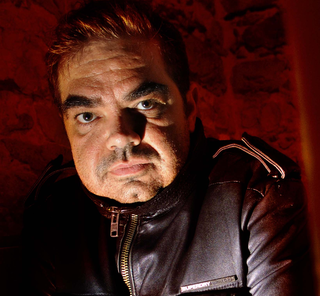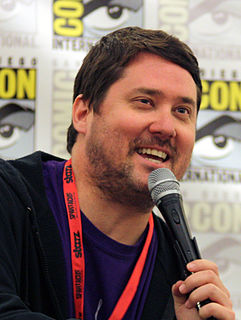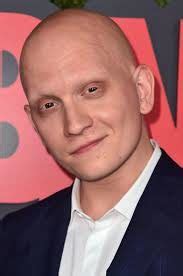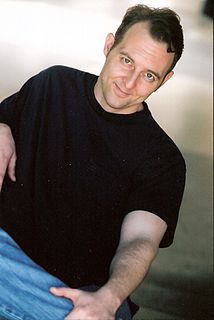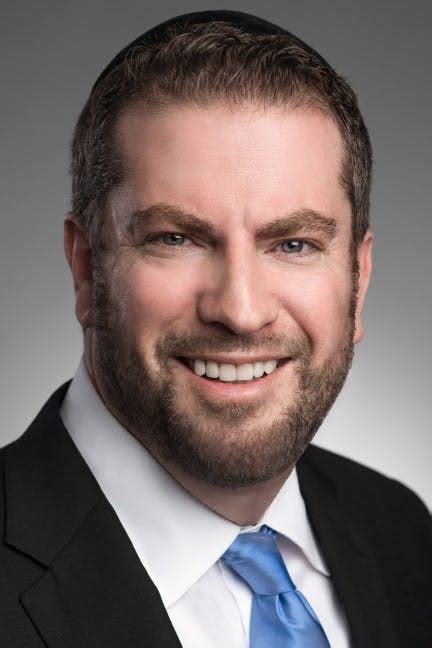A Quote by Xavier Gens
If I have to made a Daredevil movie, I will take a completely different direction. My vision of the character is much more a drama. There will be a 1st part in the child hood of Matt Murdock and the universe of Hell kitchen. Something in the universe of the first Rocky Balboa.
Related Quotes
The laws governing the universe can be made interesting and wonderful to the child, more interesting even that things in themselves, and he begins to ask: What am I? What is the task of man in this wonderful universe? Do we merely live here for ourselves, or is there something more for us to do? Why do we struggle and fight? What is good and evil? Where will it all end?
Ayurveda is the science of life and it has a very basic, simple kind of approach, which is that we are part of the universe and the universe is intelligent and the human body is part of the cosmic body, and the human mind is part of the cosmic mind, and the atom and the universe are exactly the same thing, but with different form, and the more we are in touch with this deeper reality, from where everything comes, the more we will be able to heal ourselves and at the same time heal our planet.
I can tell you that I like to take a character where everyone may have an idea of what it's supposed to look like and go in a completely different direction with it. I like to make it my own and make it very personal to me, which will end up probably looking completely different than someone else's take on it.
When I shall be dead, the principles of which I am composed will still perform their part in the universe, and will be equally useful in the grand fabric, as when they composed this individual creature. The difference to the whole will be no greater betwixt my being in a chamber and in the open air. The one change is of more importance to me than the other; but not more so to the universe.
The story of the universe finally comes to an end. For the first time in its life, the universe will be permanent and unchanging. Entropy finally stops increasing because the cosmos cannot get any more disordered. Nothing happens, and it keeps not happening, forever. It's what's known as the heat-death of the universe. An era when the cosmos will remain vast and cold and desolate for the rest of time the arrow of time has simply ceased to exist. It's an inescapable fact of the universe written into the fundamental laws of physics, the entire cosmos will die.
The absurdist is concerned with the search for meaning in the Universe. He believes this search to be meaningless--hence the disintegration of plot, character, and language in absurdist drama. Order is a falsehood that we, God, those who came before us, have imposed on a random universe. However, the absurdist is confronted with a curious paradox: though he believes the Universe to be meaningless, he cannot abandon the search for meaning--or he will die.
When someone refuses to listen to you or others, there is one source or entity that he will listen to: Call it God, the universe, a higher power, karmic law, whatever. At any rate, if he feels that the universe is trying to tell him something, then he may listen. He won't listen to you or anyone else, but the universe, that's a different story.
One of the most powerful shocks of the Middle Passage is the collapse of our tacit contract with the universe-the assumption that if we act correctly, if we are of good heart and good intentions, things will work out. We assume a reciprocity with the universe. If we do our part, the universe will comply. Many ancient stories, including the Book of Job, painfully reveal the fact that there is no such contract, and everyone who goes through the Middle Passage is made aware of it.
There were timelines branching and branching, a mega-universe of universes, millions more every minute. Billions? Trillions? The universe split every time someone made a decision. Split, so that every decision ever made could go both ways. Every choice made by every man, woman, and child was reversed in the universe next door.
